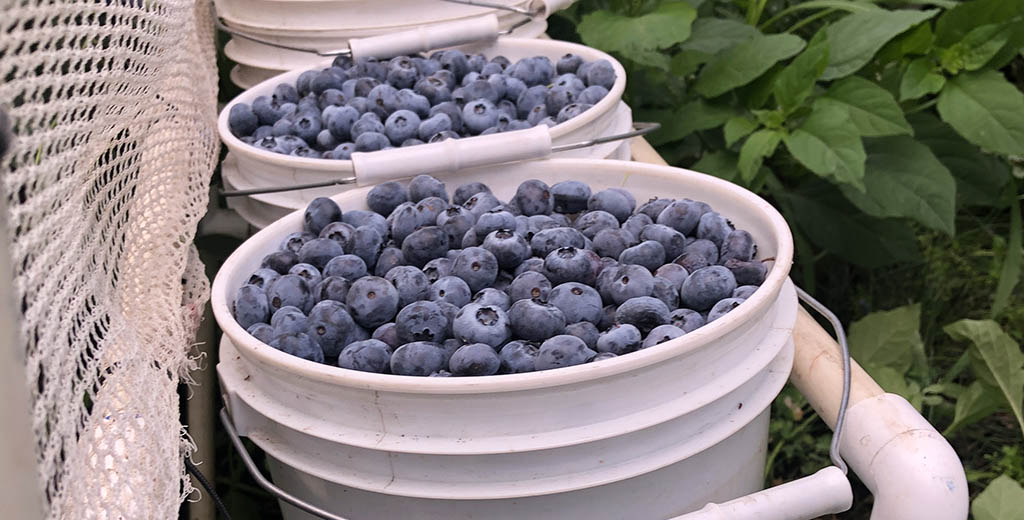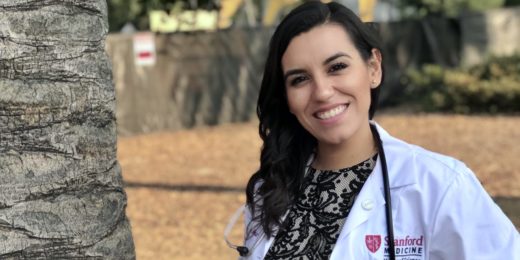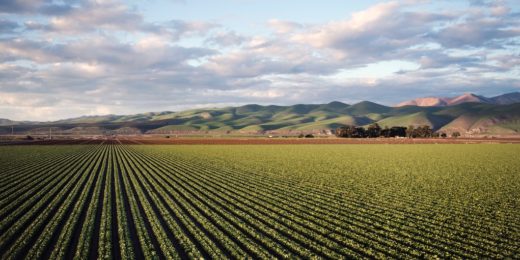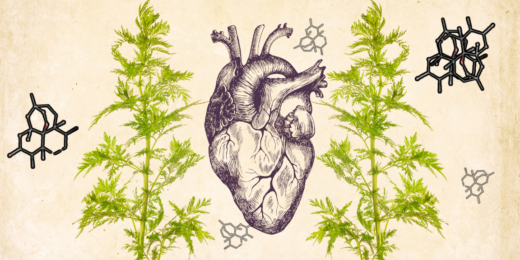Gianna Nino was nearing the end of her summer job of picking blueberries when she sent out a tweet about the low wages earned by farmworkers.
The Stanford graduate and incoming medical student figured a few friends might like and share it. Instead, it went viral, catching the eye of news reporters, and she found herself speaking to national media outlets, including NBC News, ABC News, USA Today and Univision.
compared with what farmworkers make
to pick them, caught the attention of the media.
I spoke with Nino after she drove down to Stanford from eastern Washington, where she grew up and where her mother still harvests crops. She said she was a little overwhelmed by all the attention, but she's happy the news coverage is providing awareness about farmworker conditions.
"It has been a busy few days," Nino said. "Once the tweet starting taking off, I had a lot of requests for interviews. Then people began asking for my Venmo account and sending money. I've started losing track of all the texts and emails."
Nino was born in eastern Oregon to farmworker parents. Her mother, from Oaxaca, Mexico, always wanted to pursue an education but her family couldn't afford it. Instead, she encouraged her children to focus on school.
Nino, the eldest of four, excelled, graduating high school as a valedictorian. She also competed in sports, tutored and played bass clarinet -- all while caring for her younger siblings, translating for her mother and spending summers in the fields to help support the family. With just one wage earner after her father left, the family relied on food banks.
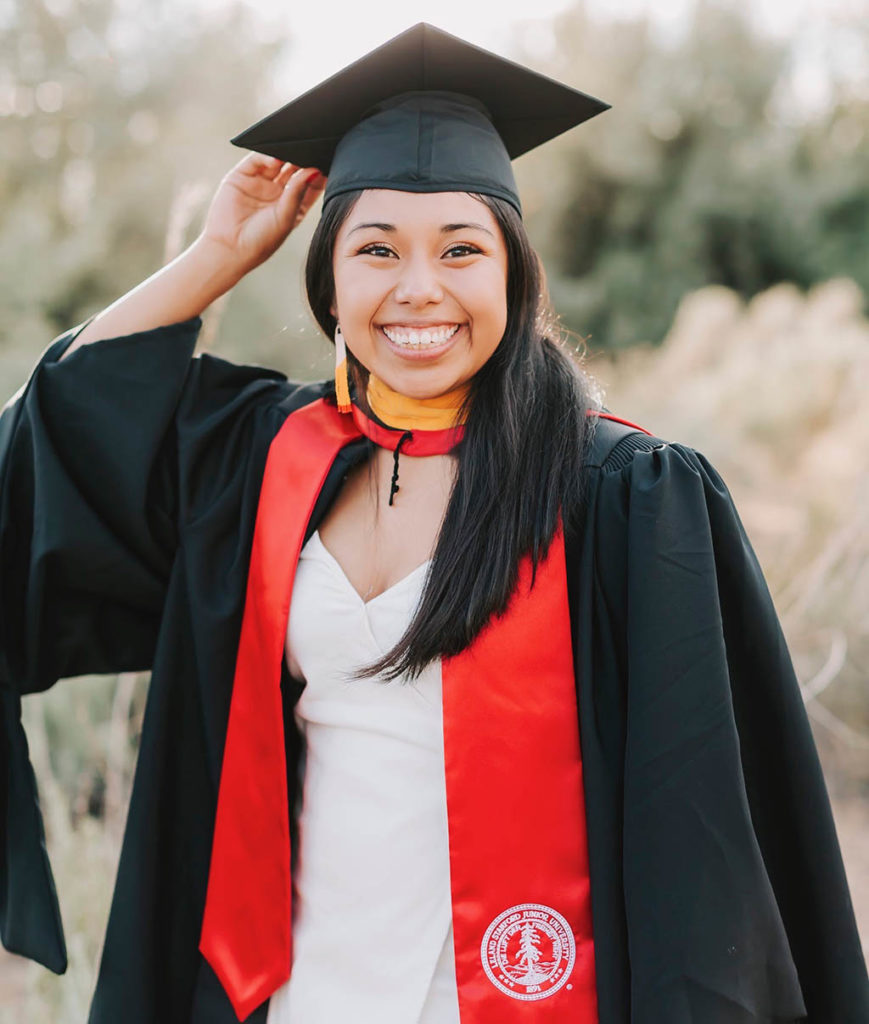
She chose to attend Stanford University after receiving financial aid to visit the campus in high school. Leaving home was difficult, she said. "I had to show my siblings how to take care of things I had taken care of, like paying bills. But I was going off to college for them and for everyone back home."
Her accomplishments paved the way for the younger Ninos: Her sister, Jennifer, graduated this year from Brown University; her brother Kevin will be a junior at Bowdoin College; and her brother Dominick is about to start at the University of Washington.
Nino first contemplated becoming a doctor when she accompanied her mother -- and later her mother's friends -- to medical appointments, translating the caregivers' English into Spanish. She also observed the problems suffered by farmworkers, such as heat stroke, joint injuries and and kidney damage from a lack of access to toilets.
"I started thinking about how I could best serve my community. And I thought, 'Why can't my community have top-tier-trained doctors?'" she said.
After earning a master's at Stanford in epidemiology this spring, she chose to remain for medical school. "Stanford really empowered me to seek the career I wanted without limitations," she said. "I'm very grateful that they were willing to invest in me."
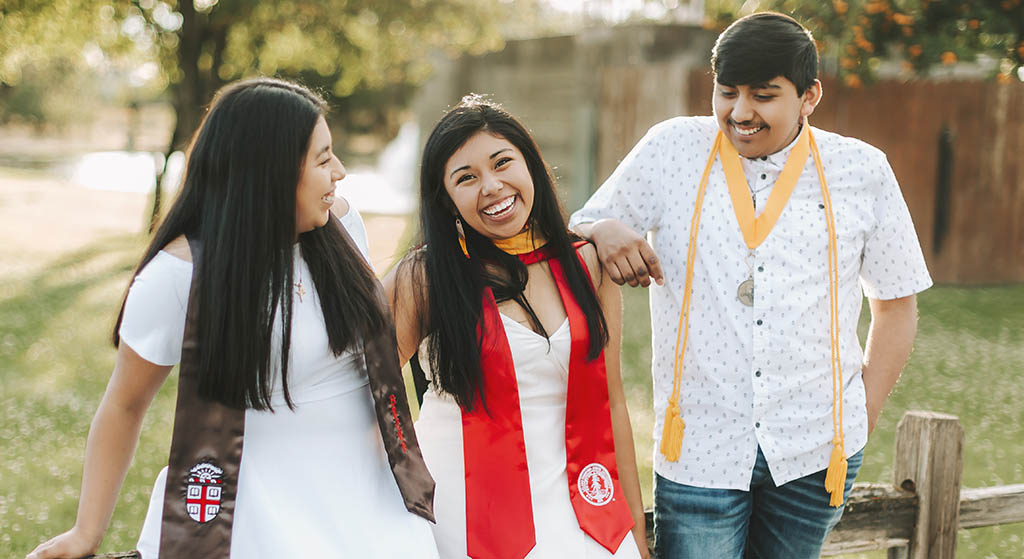

She had planned to stick around over the summer, but the coronavirus pandemic cost her jobs at a library and at Stanford Shopping Center. So she headed back home to Washington, where she hoped to find work as a contact tracer or in retail.
Instead, she found herself back in the fields, which she described as "difficult but honest work." Of course, she couldn't know that the job would lead to a tweet, instant celebrity and donations, which she will use to help pay for medical school.
Once she's a fully fledged physician, Nino plans to return to the rural Northwest and care for farmworker communities. "There's so little research on farmworkers," she said, "but they're certainly underserved. I want to close the health disparity gap."
Photos courtesy of Gianna Nino


